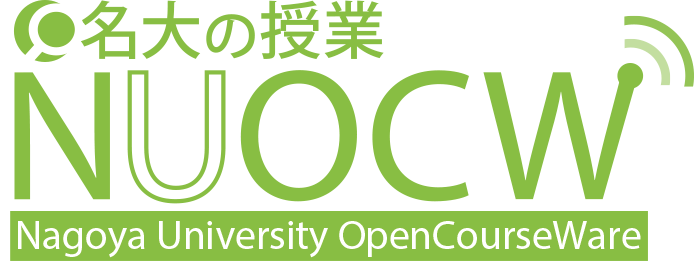Laboratory in Chemistry
| Lecturer | Gabor Arwed SAMJESKÉ, Professor |
|---|---|
| Department | G30, 2021 Spring |
| Recommended for: | Sc(P・C・B)・En(C・Au)・Ag(B) 1st year students |
Goals of the Course
“Laboratory in Chemistry” provides students with the basic skills required to systematically perform experiments in chemistry in an interdisciplinary, comprehensive fashion that promotes an understanding of the necessary practical and theoretical skill set to other related fields of their study as for example in Biology or Chemical Engineering.
Objectives of the Course
The first objective of this course is to learn how to effectively perform chemical and related physicochemical experiments in a detailed, oriented manner including carefully taking notes of the procedures, results, and questions that may arise from the experiments. The second objective is to clearly and concisely convey to others the results of the experiments that support your conclusion. Motto: Perform the experiments by yourself, visually observe and take notes of your observations and measured data/results in a manner that enable you to report your results clearly.
Course Prerequisites and Related Courses
Students must have taken, or be taking concurrently, at least one of the following courses: Fundamentals of Chemistry 1, Fundamentals of Chemistry 2.
Textbook
- Introductory Chemistry Laboratory Manual, Shizuaki Murata, Fumi Urano, Masahiro Yoshimura, Shuku Yoshiaki, and Hideto Ito (Nagoya University, 2021, 6th Edition)
Course Content
| week | Contents |
|---|---|
| 1 | Orientation and Safety Walkthrough |
| 2 | Lecture 1 Reaction of Inorganic Ions and Ion Exchange Equilibrium |
| 3 | Experiment 1 Solubility of a) metal halides, b) metal hydroxides |
| 4 | Experiment 2 Reaction of metal ions with sulfide |
| 5 | Experiment 3 Separation of inorganic ions and their identification |
| 6 | Lecture 2 Synthesis of Organic and Inorganic Compounds, Volumetric Analysis and Titration |
| 7 | Experiment 4 a) Synthesis of acetylsalicylic acid, b) measurement of melting point> |
| 8 | Experiment 5 a) Synthesis of potassium trioxalate ferrate (III) trihydrate, b) photochemical reaction |
| 9 | Experiment 6 Titration of Monovalent Acids (online only)> |
| 10 | Lecture 3 Energy of Electromagnetic Waves and Spectra, Rate of Chemical Reaction and Energy |
| 11 | Experiment 7 Absorption spectra of bromothymol blue (BTB) at different pH> |
| 12 | Experiment 8 Determination of concentration by absorption photometry |
| 13 | Experiment 9 Chemical oscillation reactions (online only) |
| 14 | Oral exam (20 minutes) |
Lecture Materials
Course Evaluation
Every laboratory report: 8 pts (total 9 x 8 pts = 72 pts), Participation in discussion and Q&A: 8 pts, Final oral exam (“exit conversation”): 20 pts, TOTAL: 100 pts
Last updated
February 10, 2022
